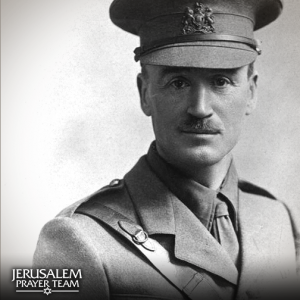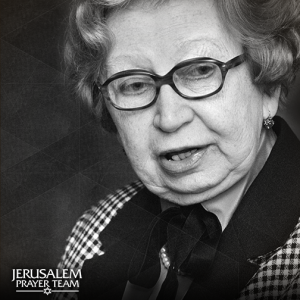 One of the reasons that the museum features the story of Colonel John H. Patterson is that most people have never heard of him. That is unfortunate.
One of the reasons that the museum features the story of Colonel John H. Patterson is that most people have never heard of him. That is unfortunate.
Another reason is that Prime Minister Benjamin Netanyahu’s brother, Yoni, was named after him. That is special.
The final reason is because we believe that his story should never be forgotten. That would be reprehensible.
Patterson was a staunch advocate of Zionism in a storied military career that included commanding the Zion Mule Corps, a contingent of 750 Jewish soldiers recruited from the Diaspora to fight in the Boer War and in World War I.
Two years after it was formed in 1915, the Mule Corps was expanded and, thereafter, was known as the Jewish Legion. Its five battalions consisted entirely of Jewish volunteers. The 38th Battalion of the Royal Fusiliers was comprised of Jews living in Great Britain and a number of Russian Jews who joined forces with the former Mule Corps members. The 39th Battalion was made up of Jewish men from the U.S. and Canada. Palestinian Jews and former Jewish POWs held captive by the Ottomans became the 40th Battalion. The 41st and 42nd Battalions completed the Legion, but were posted in England without seeing action.
The Jewish Legion fought in the Battle of Jerusalem in 1917 and the Battle of Megiddo in 1918. The Battle of Megiddo was the last, and decisive, Allied offensive thrust in the Sinai and Palestine Campaign under General Allenby. Patterson served as commander of the 38th Battalion until his retirement in 1920. Perhaps his passion and vision for Zionism are best exemplified, not by what he said at the end of his career, but by what he said to his men on March 31, 1915 upon the formation of the Zion Mule Corps.
“‘Pray with me that I should not only, as Moses, behold Canaan from afar, but be divinely permitted to lead you into the Promised Land.”
His prayers were answered as he led his men in recapturing the Promised Land in a battle that was among those with the fewest Allied casualties in all of World War I.
Patterson served in the British military for 35 years until his retirement. There is no doubt that leading the Jewish Legion, the forerunner of the Israeli Defense Forces, was his greatest honor.
Following WWI, Patterson authored The Story of the Jewish Legion, somewhat of a companion piece for his previous books, With the Zionists at Gallipoli and With the Judeans in Palestine. Patterson successfully lobbied to raise funding for Zionist efforts after retiring to California.
He died in La Jolla on June 18, 1947, less than a year prior to the establishment of the nation of Israel, a day for which he had worked and prayed for an entire lifetime. According to his last wishes, Patterson’s ashes were brought to his beloved Zion and buried in an undisclosed location. This Museum is planted here for the very same reason that his ashes are. Because we love Israel.
In 2004, Patrick Streeter published Mad for Zion, A Biography of Colonel J.H. Patterson. His inspiring story is available at Amazon.com.
